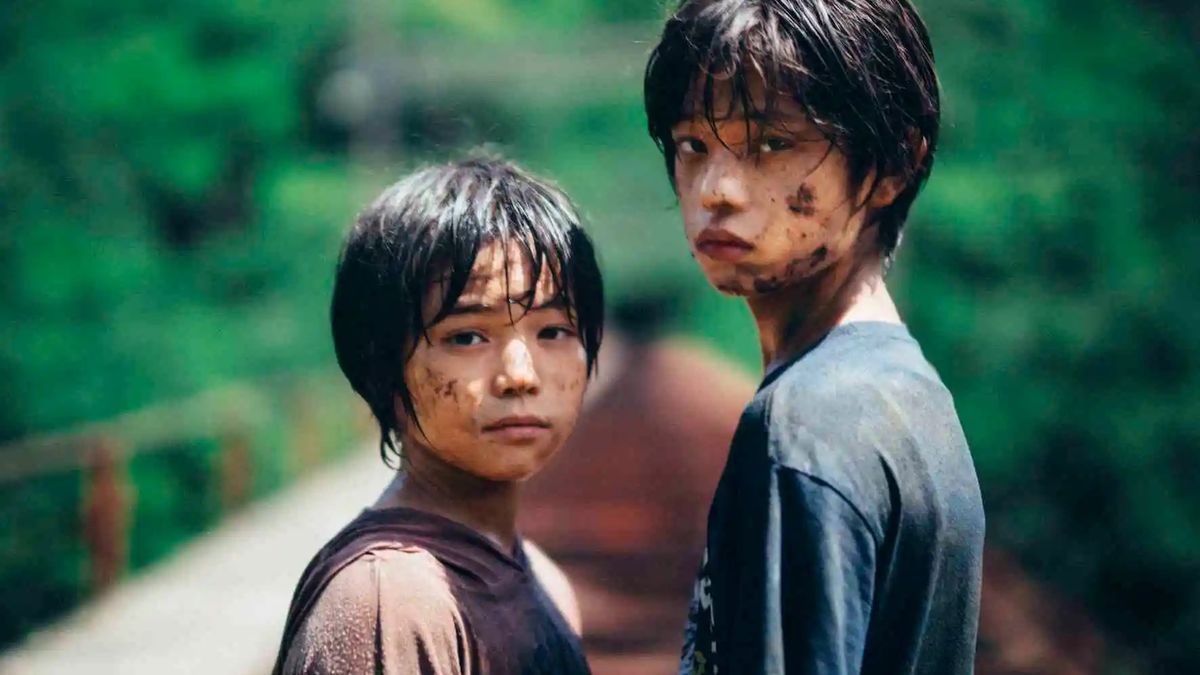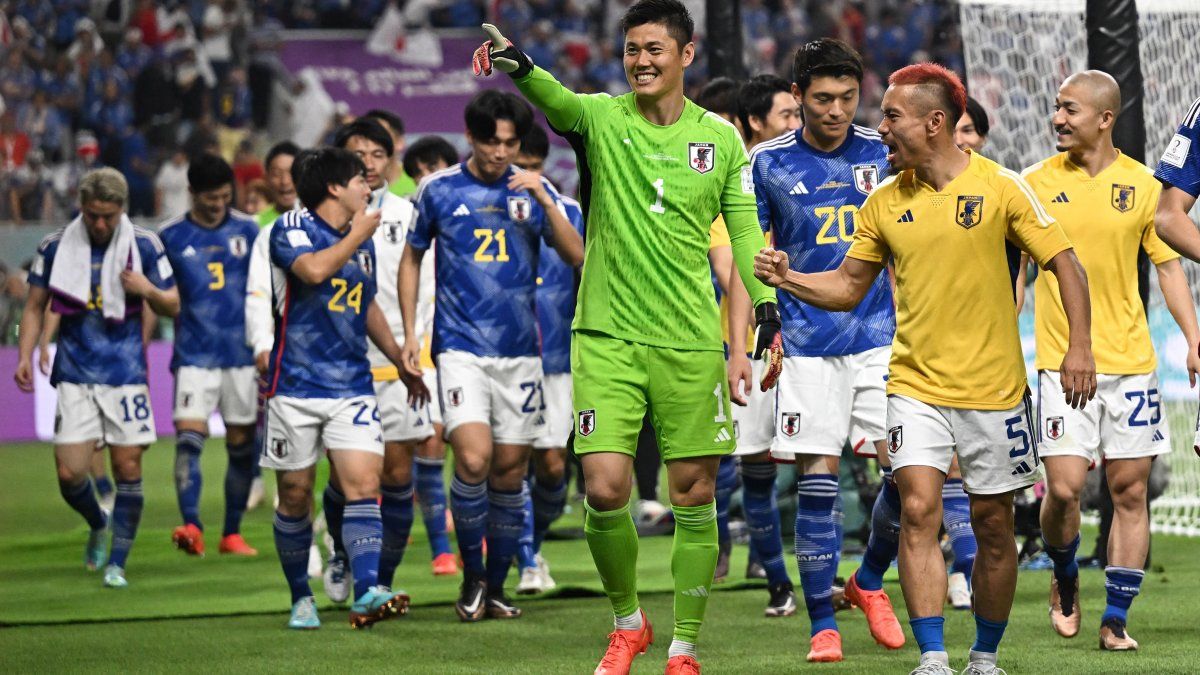The teacher hit and insulted one of his students: “he is a monster,” says the boy’s mother, and demands his expulsion. “Parents are monsters,” says a teacher, impressed by the attacks and demands that fall on the staff. “My son is a monster,” comments the father of the youngest child in the class, while he waters the plants.
Every so often a song asks about the monster. Who sings it? How should an accusation be understood? And how true can something be that, it seems, began as gossip, a misunderstanding, or prejudice?
“Monster”, by Hirozaku Kore-eda, here called “Innocence”, begins with the sight of a fire. On the third floor there was a brothel, some say, and they claim that the teacher was one of the clients. They saw him leaving with one of the girls, but perhaps she was the girlfriend, and they were both just passing by. You know, it all depends on who looks at it, and from what point of view.
That’s why this story is divided into three chapters, each of which begins with the same fire. First, the chapter of the widowed mother who denounces the teacher and becomes irritated with the ceremonious but unsatisfactory apologies of the directors. Then, the part of the accused, who denies the facts, but still the superiors order him to “confess” them, so that the case does not go up to the Council of Education (they say that the mother has already appointed a lawyer).
And, third chapter, the friendship of the supposedly attacked person with the little monster, which may not be such, depending on how you look at it, just as friendship can lead to other unspeakable “perhaps.” One of them, the authorship of the fire (one of them, but not the only one, nor the most disturbing for the kids, who are just “at that age”).
The episodes are threaded together, the different faces are shown, some initial interpretations are partly explained and dismantled. At the same time, the school director shows strange behavior. She is grieving the death of her grandson in an accident attributed to her husband, but there is something more. And the boy, in front of the small family altar, wonders about reincarnations. In what form will his father have returned?
With these elements, Kore-eda makes his film, the first to shoot in Japan again after a few years working abroad, and also the first with someone else’s script. The latter is noticeable. Except for a very few scenes, “Monster” lacks his usual lyricism and sweetness. It remains, however, the understanding and compassionate lookabout all the characters, the bad experiences they have to live, and the decisions they make, which are not always correct.
For its local premiere “Kabutsu” took another title, quite revealing: “The innocence”. With that same title, “Innocence”here is a beautiful documentary of Eduardo de la Serna, which records the first year of school of two very similar girls: one in the city, another in the foothills. Her first experiences outside the home, her first letters, the surprises, the games, the shyness and also the mischief, the fights, in short, that childish world that each one lives in a different way. A beauty of a movie, which would be good to rescue.
“Innocence” (“Kaibutsu” [Monstruo], Japan, 2023). Dir.: Hirozaku Kore-eda; Int.: Sakura Andô, Eita Nagayama, Soya Kurokawa.
Source: Ambito
I am an author and journalist who has worked in the entertainment industry for over a decade. I currently work as a news editor at a major news website, and my focus is on covering the latest trends in entertainment. I also write occasional pieces for other outlets, and have authored two books about the entertainment industry.




